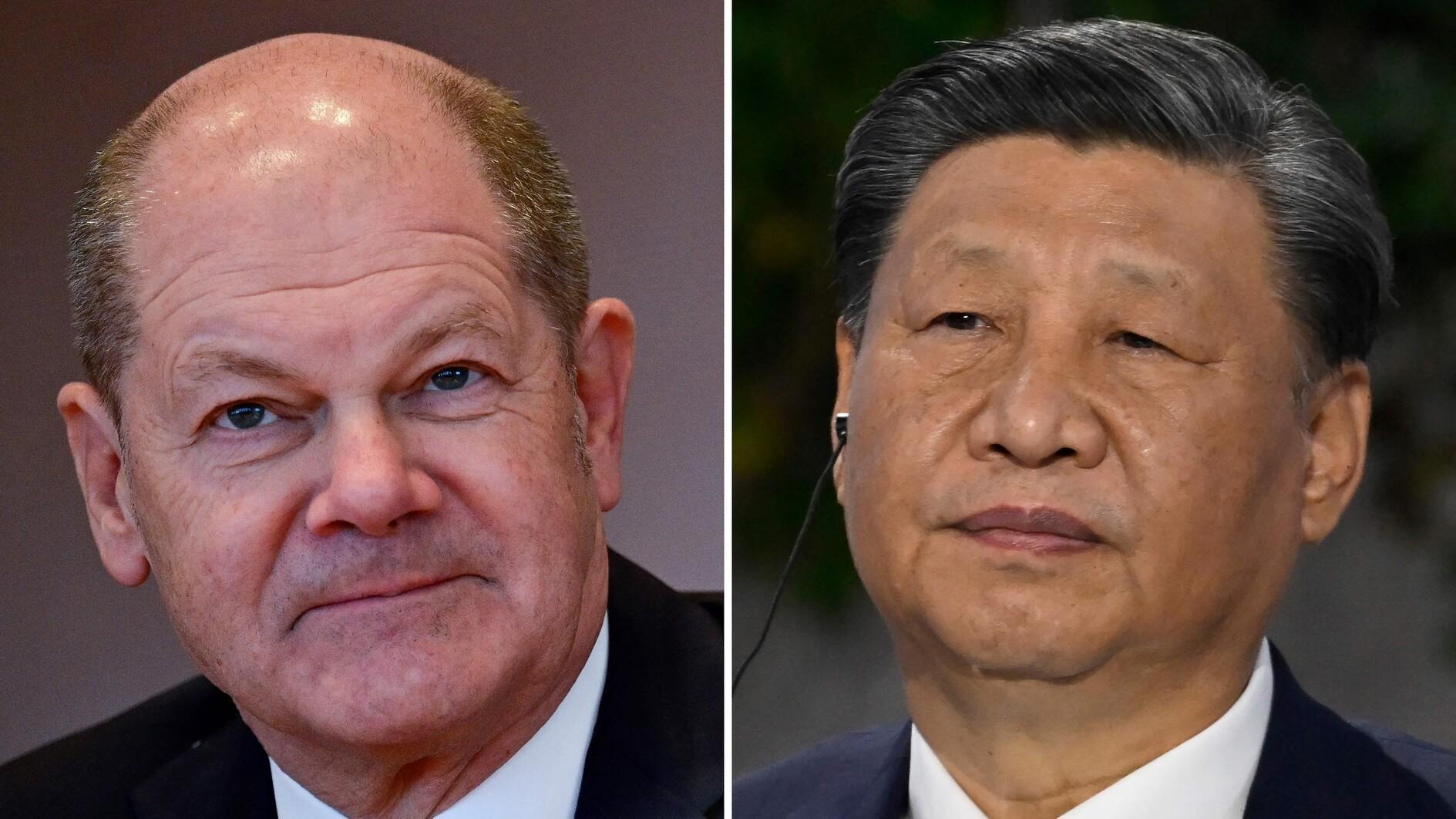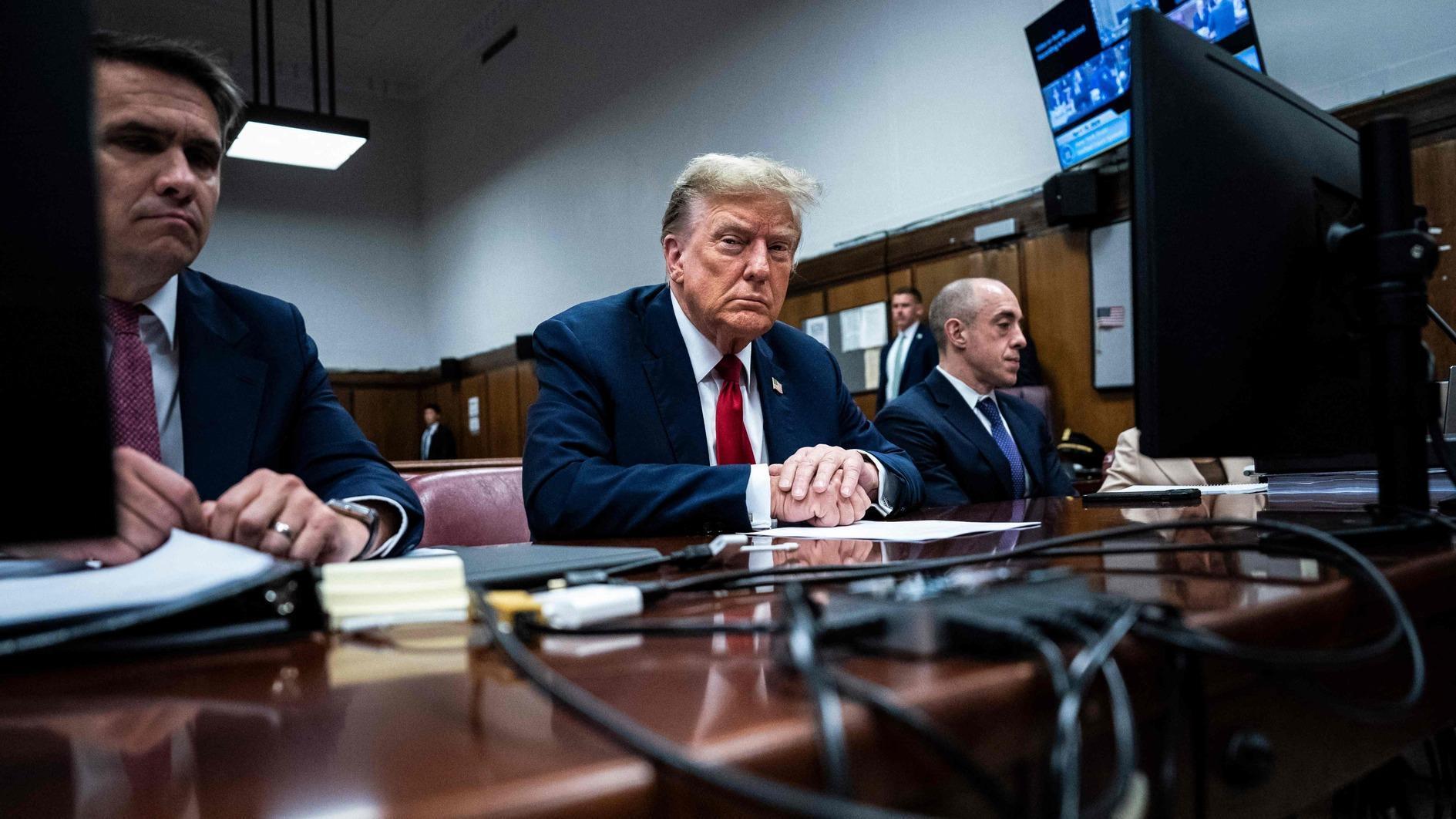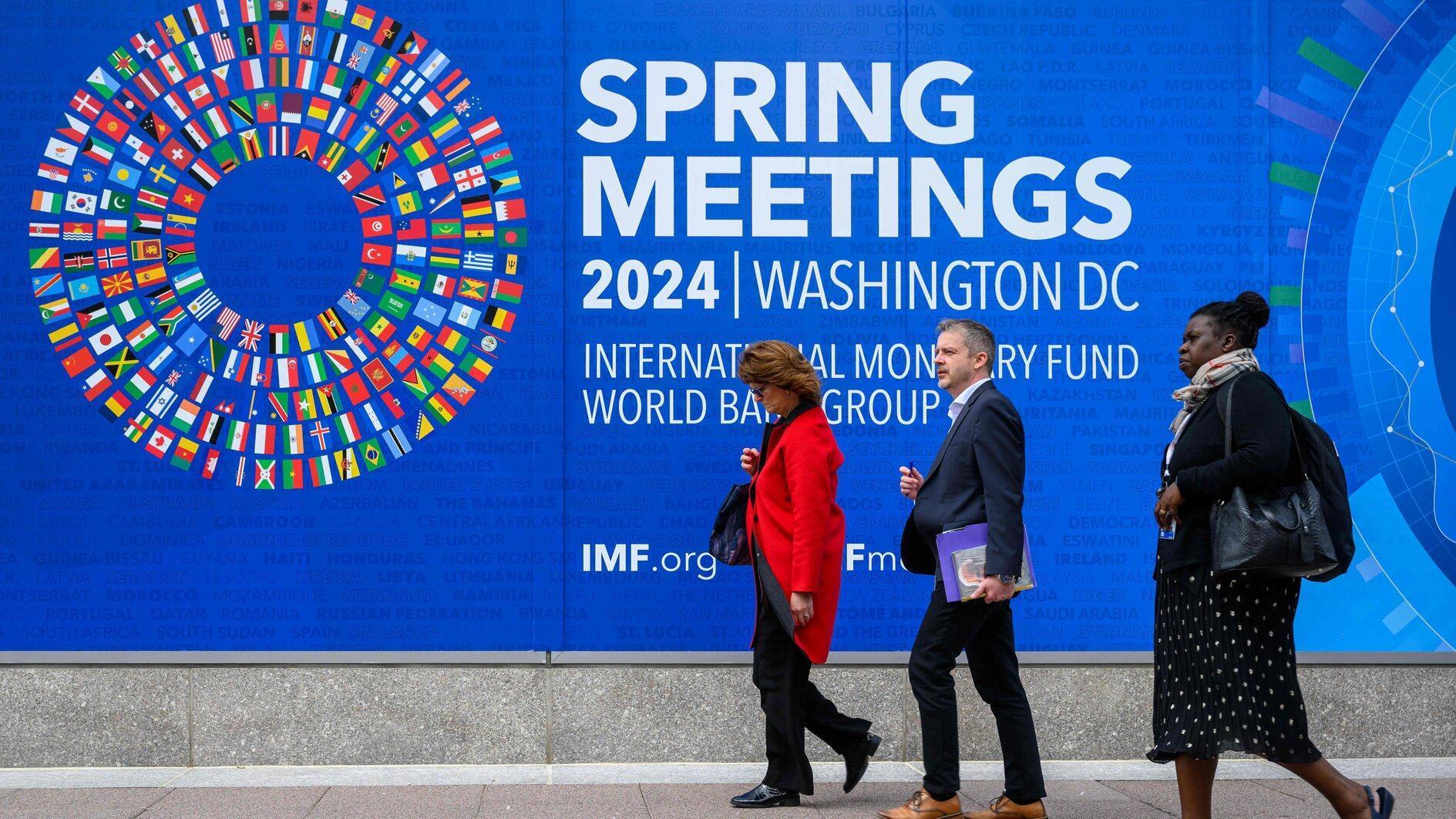US extends waiver on Iranian embargo
WASHINGTON - Reuters

A technician is seen working at the Uranium Conversion Facility outside Isfahan, Iran, in this photo. Tehran says its nuclear program is peaceful. WASHINGTON - Reuters
The United States has granted 180-day waivers on Iran sanctions to Turkey, China, India and a number of other countries in exchange for their cutting purchases of oil from the Islamic Republic.President Barack Obama’s administration has now renewed waivers for all 20 of Iran’s major oil buyers, after granting them to Japan and 10 European Union countries in September. The Dec. 7 action was the second renewal for all 20 after Obama signed the sanctions into law a year ago.
The sanctions aim to choke funding to Iran’s nuclear program, which the West suspects is enriching uranium to levels that could be used in weapons. Tehran says the program is for civilian purposes.
“The United States and the international community remain committed to maintaining pressure on the Iranian regime until it fully addresses concerns about its nuclear program,” Secretary of State Hillary Clinton said in a statement.
Clinton also granted waivers, known as “exceptions,” on Friday to South Korea, South Africa, Sri Lanka, Malaysia, Singapore and Taiwan.
Under the sanctions law, banks in countries that buy oil from Iran can be cut off from the U.S. financial system unless their purchases decline.
Turkey’s Halkbank is responsible of money transaction with Iran.
Iran’s oil exports have fallen 50 percent this year in the face of U.S. sanctions and a EU embargo that began on July 1. That has cost Iran up to $5 billion a month and led to a plunge in Iran’s currency, the rial, David Cohen, undersecretary for terrorism and financial intelligence at the U.S. Treasury Department said this week.
Congress push
But some lawmakers in the U.S. Congress want tougher enforcement.
The U.S. Senate last week resoundingly approved a third round of sanctions that if passed into law, would target loopholes including the flow of gold from Turkey to Iran in payment for natural gas exports.
Meanwhile, at least seven companies from China, India, South Korea and South Africa continued to have investments in Iran’s oil and gas sectors in 2012 even as Tehran came under international scrutiny for its nuclear ambitions, a U.S. government watchdog said on Dec 7.
















